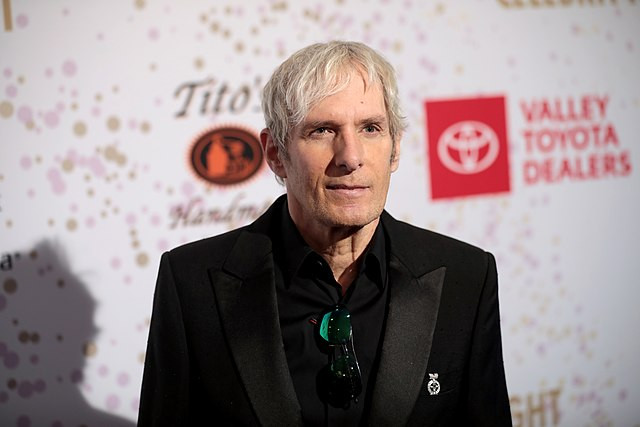Michael Bolton, the renowned singer behind classics like "When a Man Loves a Woman," has undergone emergency surgery for a brain tumor. This health crisis has led to concerns about the future of his storied career in music.
Bolton, aged 70, disclosed his medical situation via social media, telling his fans, "Just before the holidays, it was discovered that I had a brain tumor, which required immediate surgery." He expressed gratitude towards his medical team for their care and efficiency in handling his condition. Bolton added, "For the next couple of months, I will be devoting my time and energy to my recovery which means I'll have to take a temporary break from touring."
The implications of Bolton's health condition have been a topic of considerable discussion among medical professionals. Dr. Stuart Fischer, an internist from New York, conveyed to The National ENQUIRER the severity of brain tumors. "A brain tumor is one of the most dreaded health crises. It can impair function forever!" he stated. Dr. Fischer noted the complexity of benign meningioma tumors and the more severe glioblastomas, both posing significant risks despite their differences.
Echoing the concerns, Dr. Gabe Mirkin, a Florida-based doctor, explained the intricacies and risks involved in brain surgery. "Surgery requires removing the damaged area of the brain and must be done precisely because every part removed results in loss of function," Dr. Mirkin emphasized, highlighting the potential impact on Bolton's ability to perform.
Dr. Leah Croll, a neurologist at Temple University, detailed to "Good Morning America" the recovery process following brain surgery. "After a brain surgery, the recovery happens over weeks to months," she said. "For most people, it's going to involve some kind of combination of physical therapy, occupational therapy, and speech therapy, depending on what their individual needs are."
The American Brain Tumor Association underscores that brain tumors can affect people of all ages and backgrounds, impacting various bodily systems and cognitive abilities. This makes Bolton's case not just a personal battle but also a reminder of the broader impacts of such medical conditions.
Bolton's announcement marks a significant pause in a career that spans nearly five decades. His soulful voice and emotive ballads have earned him a dedicated fanbase and critical acclaim, including two Grammy Awards. The music world now stands in solidarity with Bolton during this challenging period, reflecting on his contributions to the industry and hoping for his recovery.
Approximately 90,000 Americans are diagnosed with a primary brain tumor each year, according to the American Brain Tumor Association. Bolton's situation brings to light the personal struggles behind public figures, reminding us of the unpredictability of health and the resilience required in the face of such challenges.
As Bolton focuses on his recovery, the future of his musical journey remains uncertain. However, the outpouring of support from fans and colleagues worldwide illustrates the deep impact of his work and the collective hope for his return to health and music.





